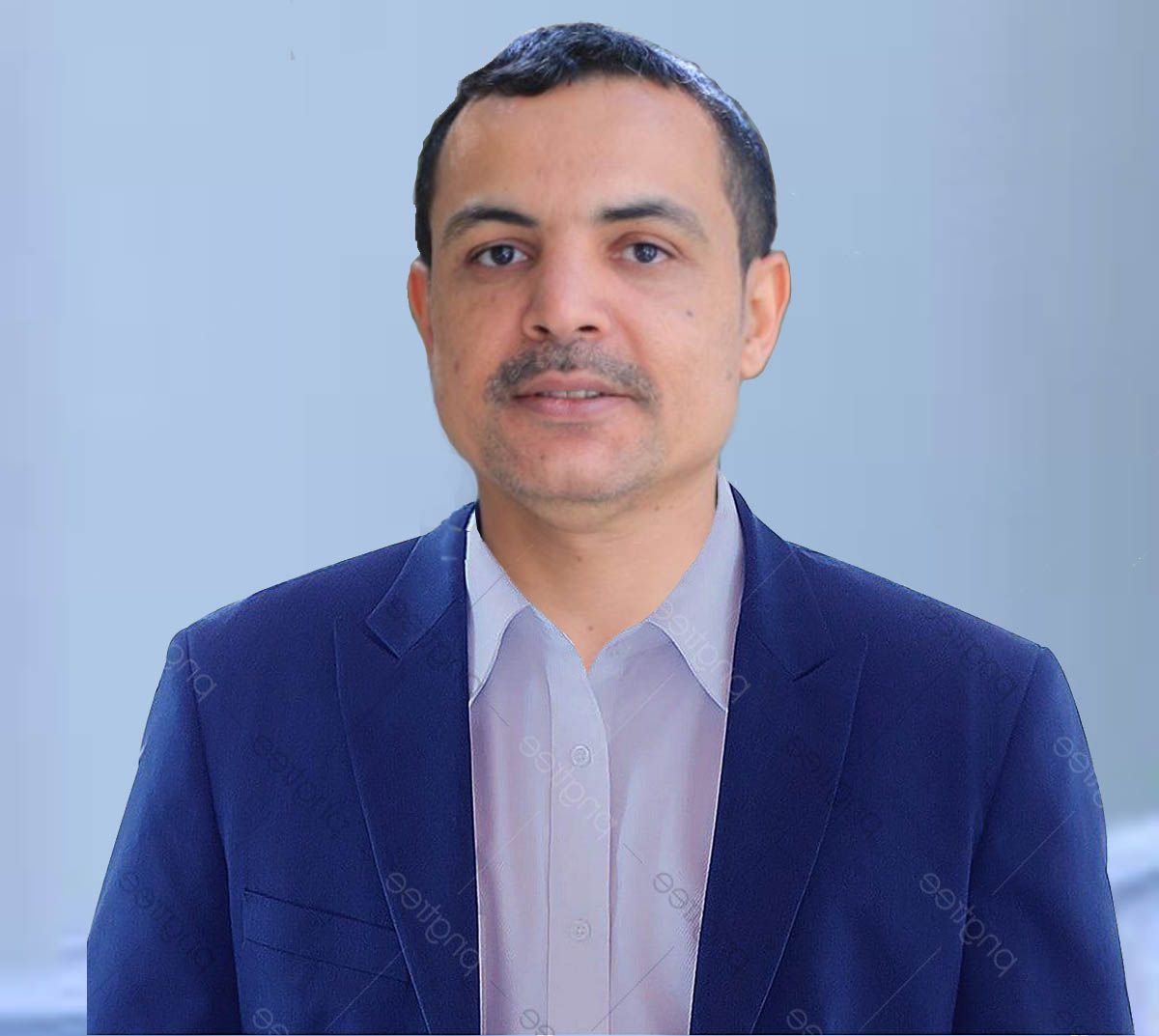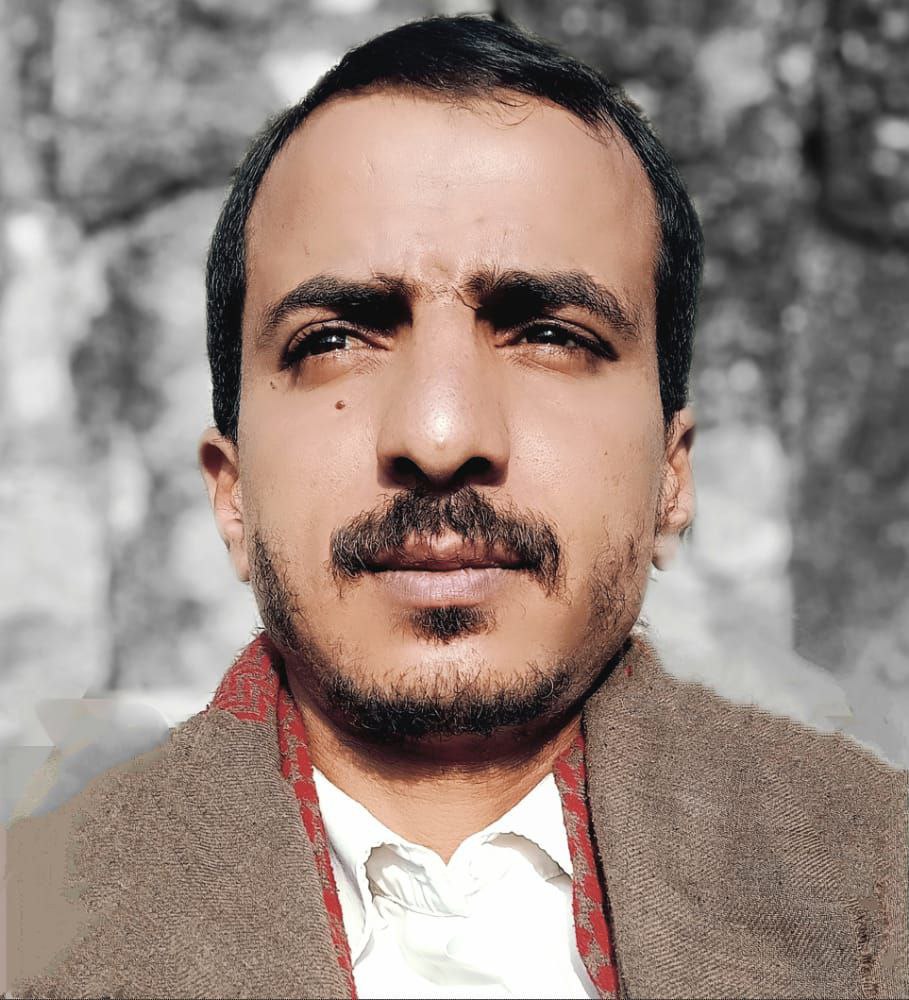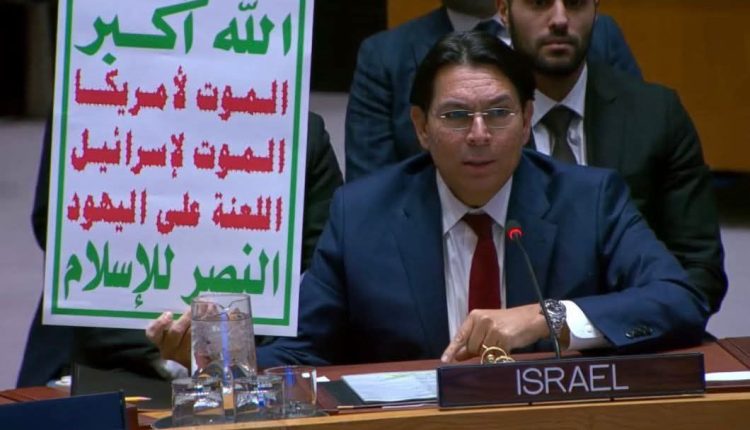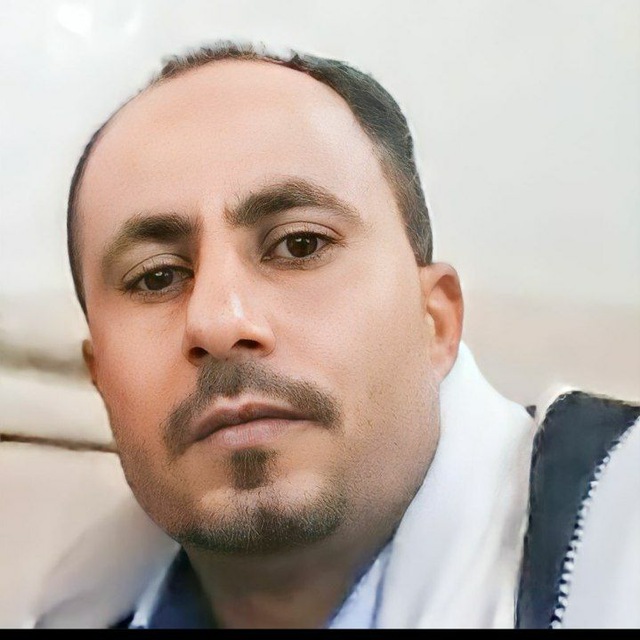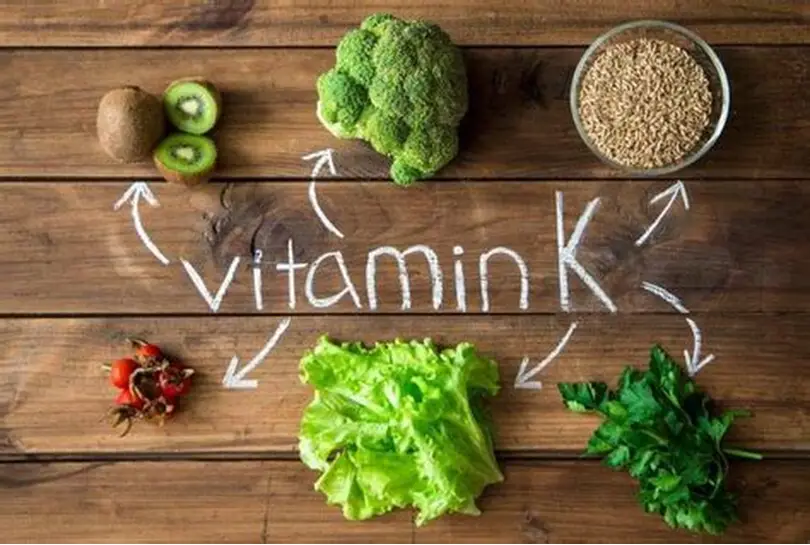الهلال الأحمر الفلسطيني: جريح إثر اعتداء المغتصبين عليه بالضرب في بلدة بيت ليد شرق طولكرم
غزة: العدو الإسرائيلي يفرض قيودا مشددة على المسافرين من غزة والعائدين إليها
وزارة الحرب الأمريكية تعترف بقرصنتها على سفينة نفطية في المحيط الهندي
مصادر سورية: قوات العدو الإسرائيلي تقوم بعمل تحصينات لنقطة عسكرية مستحدثة بقرية العدنانية في ريف القنيطرة الأوسط
وزارة الصحة بغزة: نطالب بفتح معبر رفح البري بشكل دائم ومنتظم بما يضمن حرية حركة المرضى والجرحى دون قيود
وزارة الصحة بغزة: أكثر من 20 ألف مريض وجريح ينتظرون السفر للعلاج، وتشغيل معبر رفح جزئيا لا يرقى لحجم الكارثة
مصادر فلسطينية: استشهاد مطارد برصاص أجهزة أمن السلطة الفلسطينية في طوباس بالضفة الغربية
القائم بأعمال رئيس الوزراء: نثمن جهود الهيئة العامة لرعاية أسر الشهداء والمفقودين وإداراتها في توفير الاحتياجات لهذه الأسر وهي قليلة في حقهم
القائم بأعمال رئيس الوزراء العلامة محمد مفتاح يدشن المشاريع الرمضانية لأسر الشهداء والمفقودين للعام 1447هـ بإجمالي 4 مليار و700 مليون ريال
مصادر سورية: قوات العدو الإسرائيلي تتوغل في قرية بريقة بريف القنيطرة وتعتقل 3 شبان أثناء رعيهم للأغنام

































